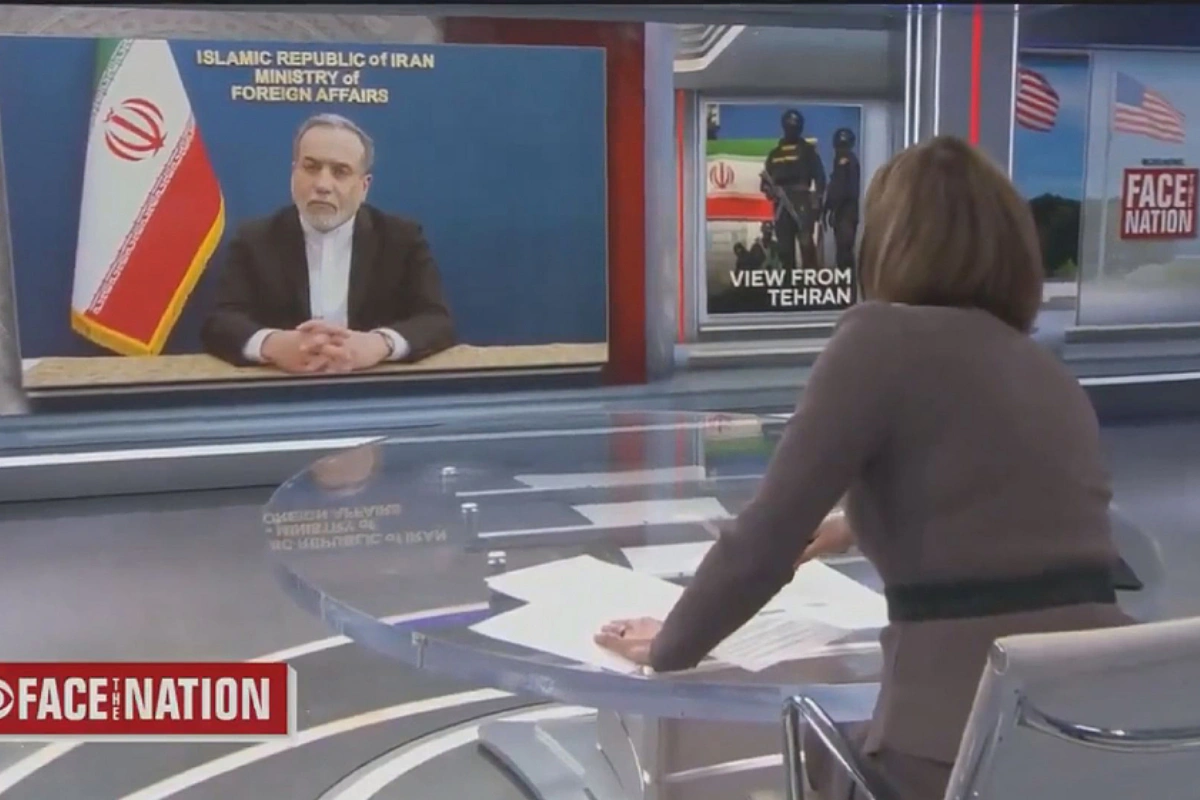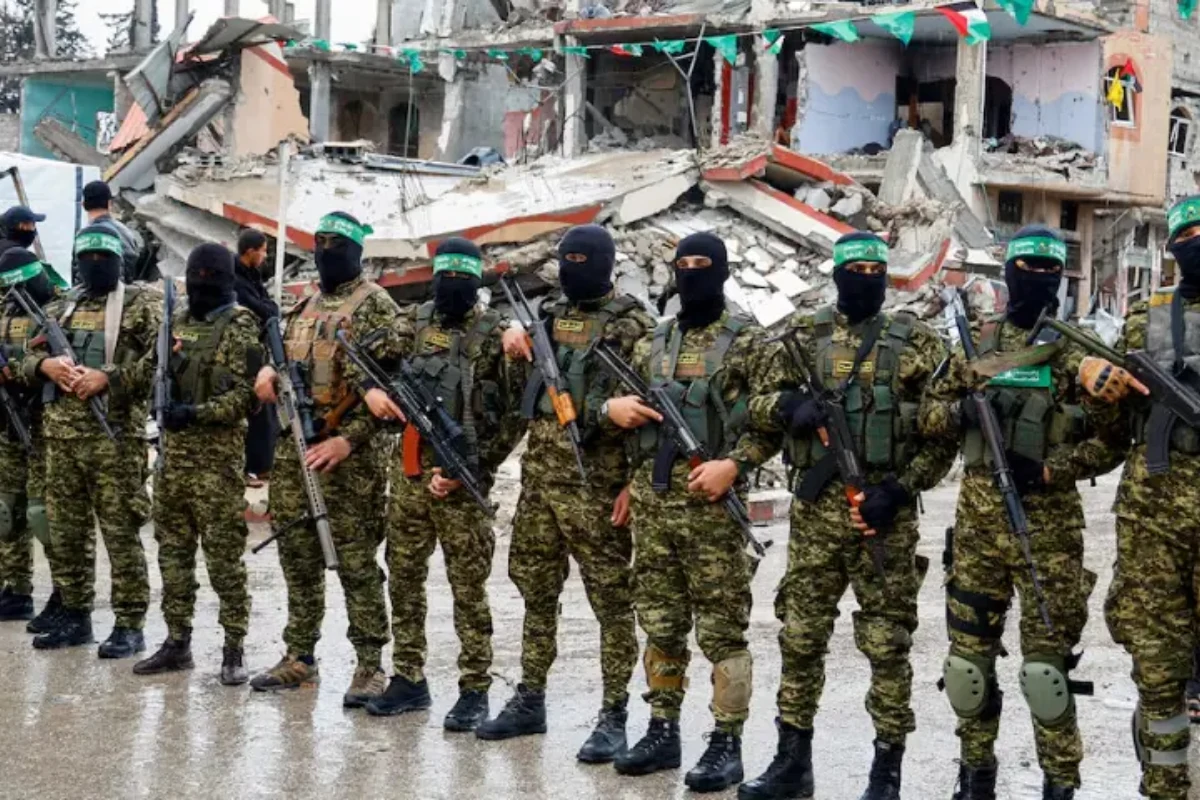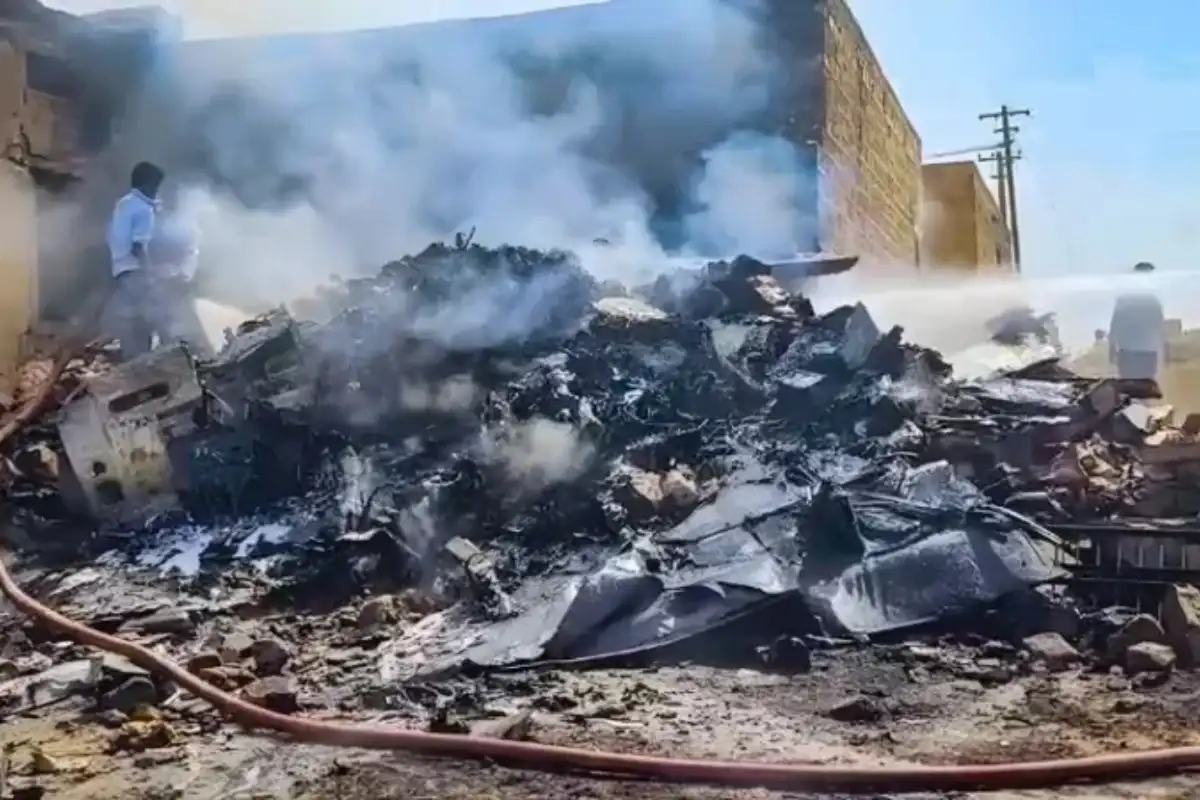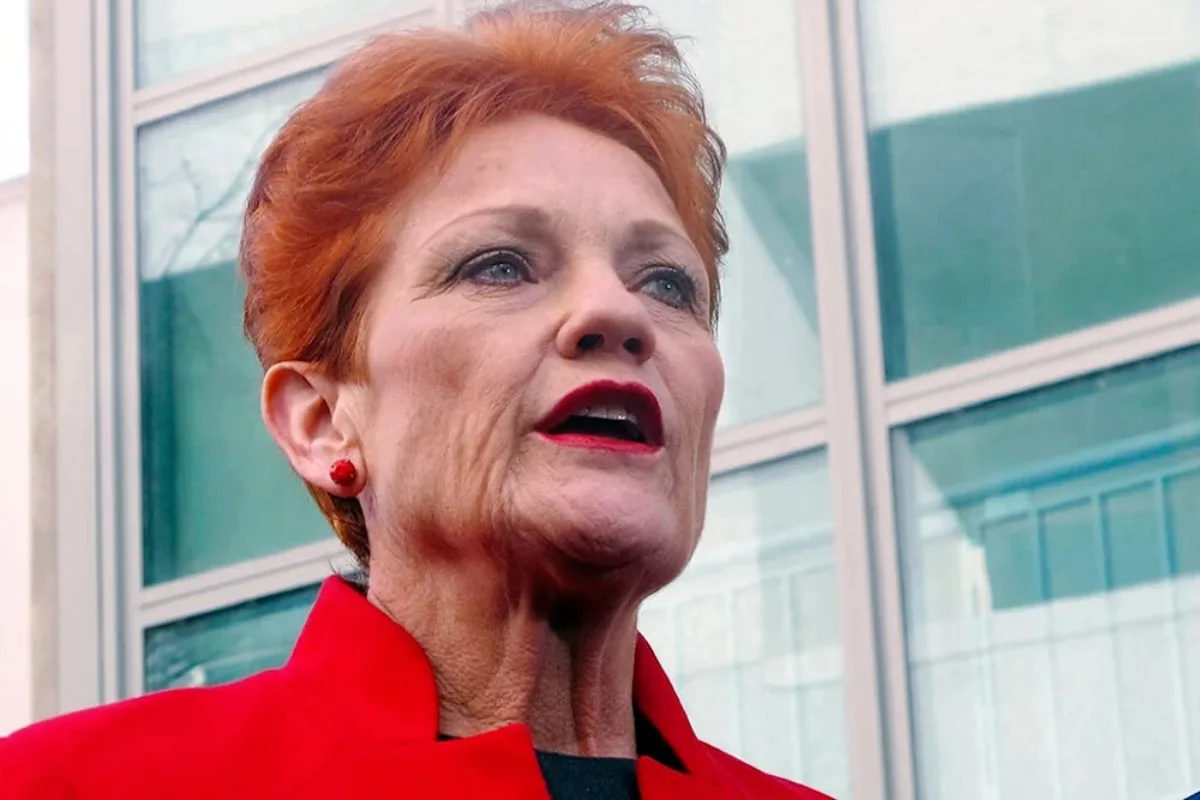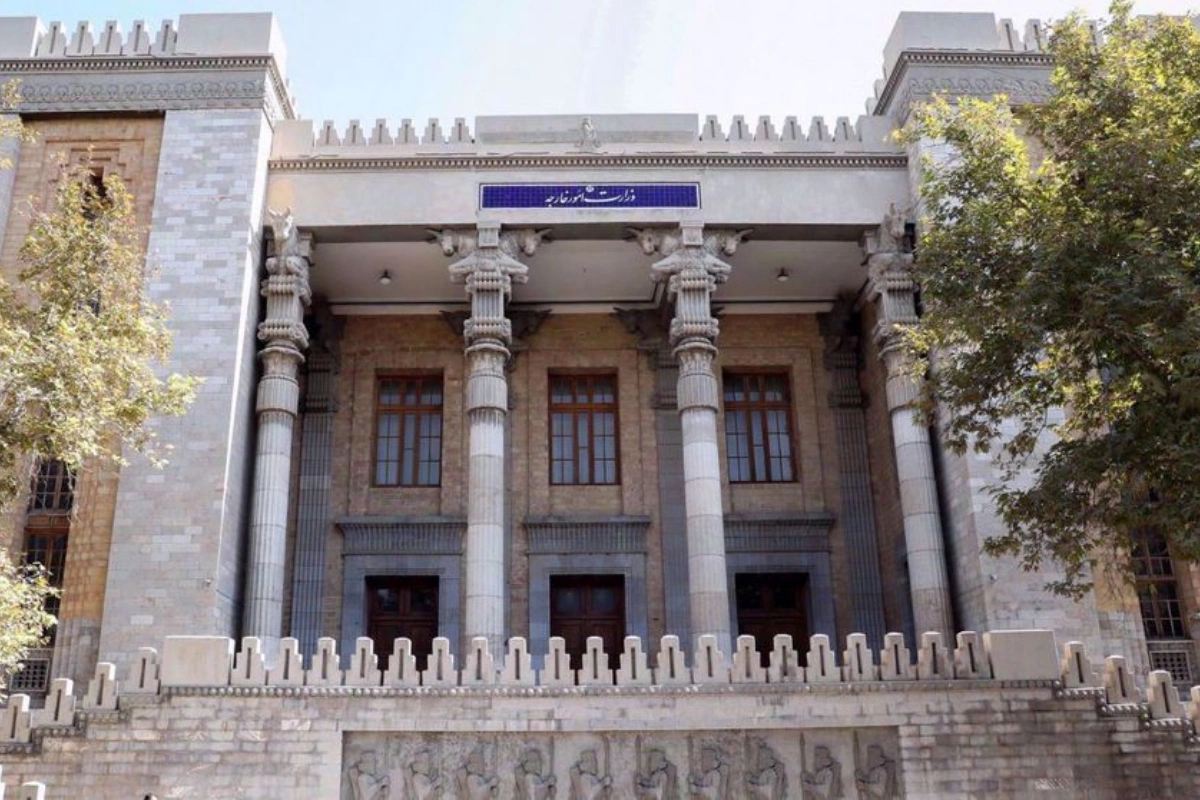Why Are Indian Workers Angry With Narendra Modi? Protests Sweep Across the India
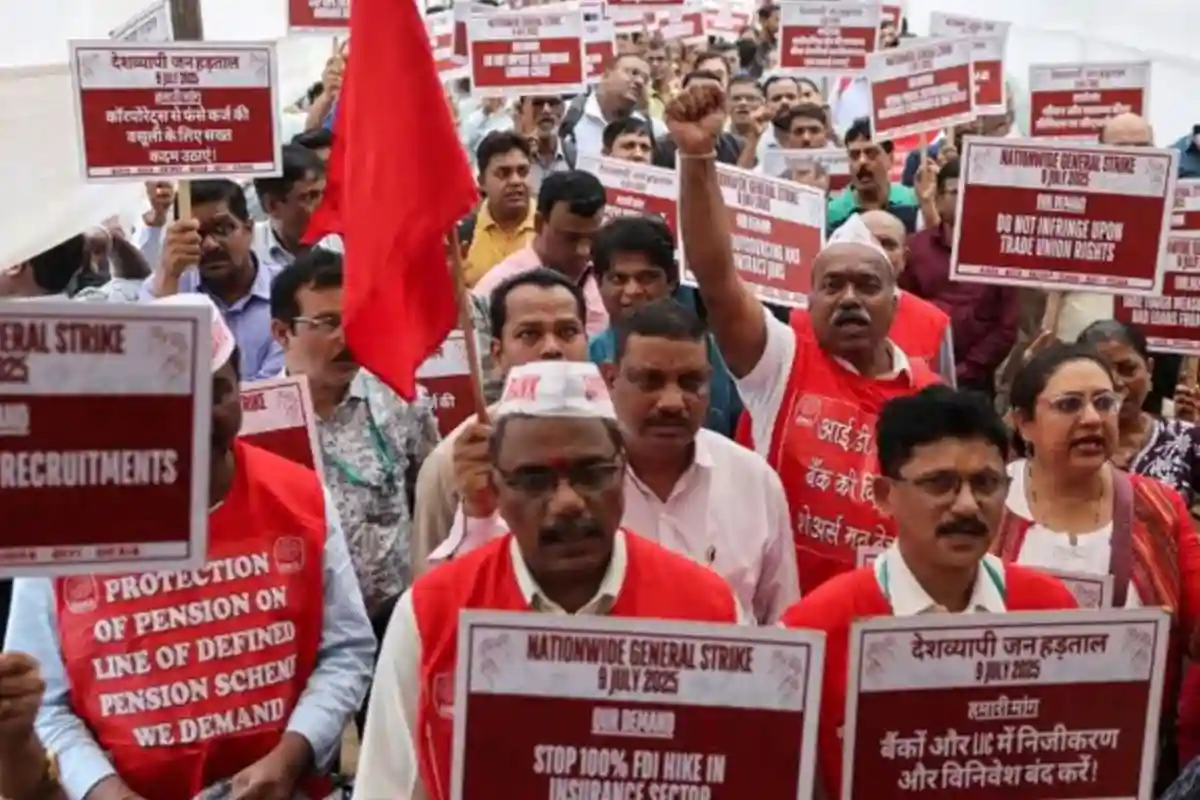
Why Are Indian Workers Angry With Narendra Modi? Protests Sweep Across the India
Millions of workers across India have taken to the streets this week in one of the country’s largest national strikes in years. The protest has disrupted major services including banking, construction, transport, postal work, and manufacturing. The anger is aimed directly at Prime Minister Narendra Modi and his government’s new labour policies and privatisation agenda.
What Triggered the Strike?
The strike was organised by several large trade unions. They say Modi’s policies are anti-worker and designed to help big corporations while ignoring the rights of common labourers.
A key reason for the unrest is the new labour codes passed by the government. These codes simplify existing labour laws but make it easier for companies to hire and fire workers. Workers say these changes weaken job security, reduce protections, and ignore worker safety.
Trade unions also oppose the Modi government’s push to privatise public services such as railways, electricity, and banking. Workers fear job losses and a decline in wages and benefits.
Who Are the Protesters?
The protesters come from many sectors. Bankers, factory workers, construction labourers, public transport staff, and postal employees have joined the strike. Even rural workers and farmers have shown support.
Amarjeet Kaur, national secretary of the All India Trade Union Congress, said the strike is a fight to “protect the rights of India’s working class.” She added that the government never consulted unions while making these laws.
What Is “Modinomics”?
These protests are also a challenge to Modinomics — a term used for Modi’s economic style that focuses on big infrastructure, foreign investment, and business-friendly reforms.
Adil Hossain, a professor at Azim Premji University, said the policies are widening the gap between rich and poor. He explained that while the stock market may be rising, the common worker is struggling with low wages and poor job conditions.
Daniel Francis, a political analyst, believes this strike could shake Modi’s image as a strong economic leader. “Workers are saying loud and clear — they feel ignored,” he said.
What Could Happen Next?
While the government says these reforms will bring long-term economic growth, workers and unions demand changes. If the government does not listen, unions have warned of more nationwide strikes.
The strike shows that public frustration is growing, especially among low-income and middle-class workers.
Narendra Modi faces growing anger from workers across India. As his government pushes ahead with new labour laws and privatisation, millions feel their rights are under threat. The national strike has made one thing clear — the working class is ready to fight back.
Catch all the World News, Breaking News Event and Trending News Updates on GTV News
Join Our Whatsapp Channel GTV Whatsapp Official Channel to get the Daily News Update & Follow us on Google News.




